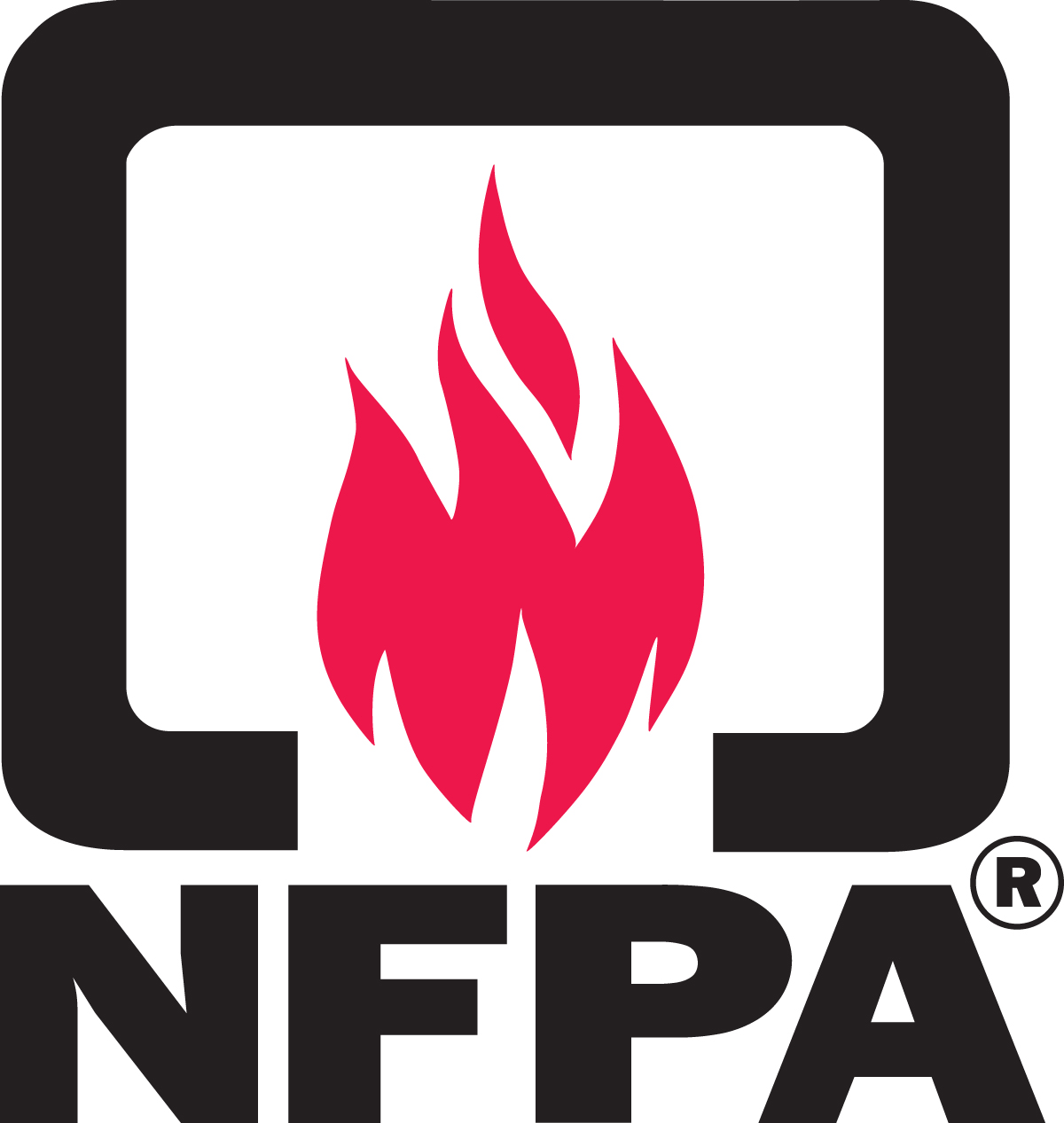
By Mehmet Barzev
Copy Editor-in-Chief
The majority of residents in Monroe County have made a slow transition to normalcy following the two powerful winter storms that impacted the area in early March.
Thousands of area residents were without power for over a week, and many of them suffered extensive property damage from the storms.
The aging infrastructure of the county coupled with the dense wooded areas customary to the Poconos created a unique circumstance that resulted in numerous downed trees and power-lines, and dozens of closed roads.
There were many reported house fires and carbon monoxide incidents across the region because of the storm damage.
As crews from around the country continue to converge on the area and work to restore services, there are many things you can do to stay safe when using alternative sources for heat and power.
- When using a generator to power your home make sure you have the proper capacity generator for your power demand.
- The generator needs to be outside, at least 25 feet from a dwelling, and have the exhaust pointed away from doors and windows.
- Do not use a generator inside a home or garage. Fuel should be stored away from the generator, and be sure to refuel only after the generator has stopped running and has cooled off.
- Plug items directly into the generator using heavy-duty extension cords rated for the individual appliances being powered.
- Do not use splitters, power strips, or low quality electrical cords. If you hook the generator into your electrical panel, be certain to use a transfer switch. Otherwise you can back-feed into the power grid and risk electrocuting electricians working on the system.
- When using alternative heat sources be certain to have working smoke and carbon monoxide detectors in your home.
- Do not use propane heaters, gas grills, or charcoal grills inside a home or garage. The buildup of carbon monoxide may be present and is dangerous to humans and pets. Kerosene heaters need to be used with extreme caution.
- Be certain fuel storage is outside and away from ignition sources.
- Be certain that pets and children are not able to contact the kerosene heater.
- Do not use multiple space heaters on one circuit, and do not use an oven to heat your home.
The Monroe County Office of Emergency Management and the National Fire Protection Association recommend these safety tips.
More information is available at www.nfpa.org, or by contacting the local Office of Emergency Management.
Email Mehmet at:
Mbarzev@live.esu.edu

